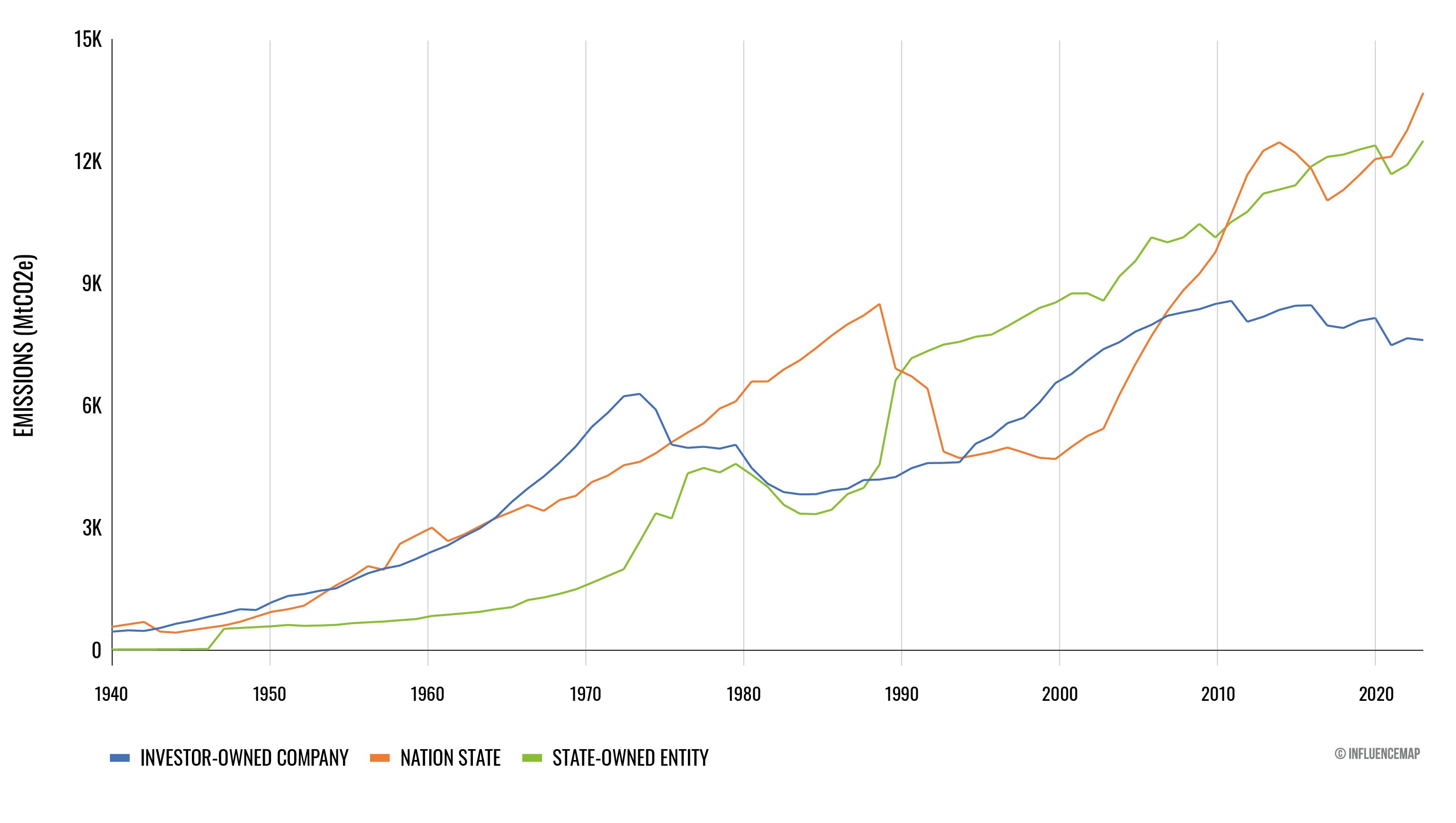

You are right to think through this question, and as you imply, there are different forms of knowledge, i.e. epistemologies. Science geneologically derives from empiricism, the epistemological idea that true knowledge comes from sensory experience and observation–philosophy has moved on from this idea. But accepting empirocism, the default is necessarily no knowledge, as absence of knowledge precedes knowledge from observation. Science applies empirical methods and deductive/inductive reasoning to generate new knowledge; while you may reason a theory, that theory must ultimately be tested against observation. So empirically, we cannot conclude/know sapience exists somewhere without observing it. Now the idea of “null hypothesis” can be thought of as a formalization of this. It comes from statistics in the 1920s when they were trying to determine a relationship between two data sets. As per empiricism, the null hypothesis is always that there is no relationship and therefore observations are due to random chance. And the purpose of the tests are to see if this null hypothesis should be rejected/disproven.
Another dated, but still helpful approach to thinking of the scientific question is Karl Popper’s falsifiability. It is possible to falsify the theory that “dogs cannot possess sapience by” observing one instance (not due to random chance) of sapience in a dog. However you cannot falsify the theory that “dogs can possess sapience” unless you can observe all dogs throughout space and time and show they don’t possess sapience.







Koko is a great example! I should clarify that when I say evidence, I mean the collected body of scientific evidence, of which Koko would be one data point. I will also clarify that I was talking about weak evidence for sapience in dogs, not animals in general. Different species are different. We have much more evidence for sapience in animals such as simians like gorillas, as well as dolphins. Just because gorillas are sapient doesn’t mean Koalas are likely to be. But heck Cows may well be more intelligent and closer to sapience than dogs.
None of this is to put a downer on how folks may perceive dogs and it certainly doesn’t shut the door on their possible sapience. I project all of the sapience into my dog. I just think it’s important to understand and acknowledge where scientific knowledge is at as we rely heavily on it for policy, if not individual beliefs.